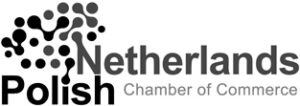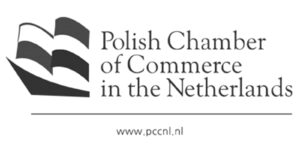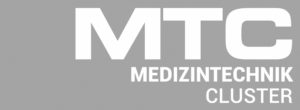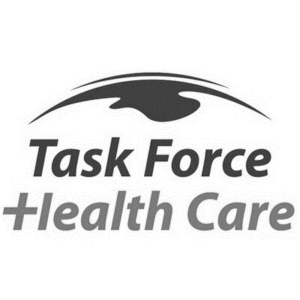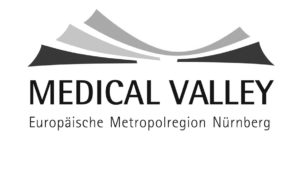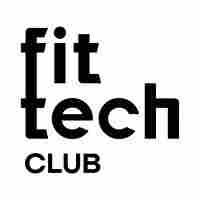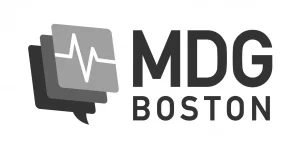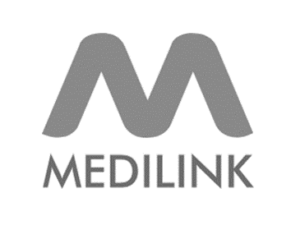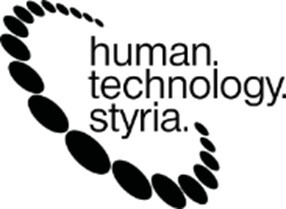Precision medicine is an innovative approach that takes into account individual differences in patients’ genes, environments, and lifestyles.
Millions of people have already been touched by the area of precision medicine that has grown directly from biomedical research.
Precision Oncology
It’s still the case in most medical care systems that cancers are classified mainly by the type of tissue or part of the body in which they arose: lung, brain, breast, colon, pancreas, and so on. But a radical change is underway. Researchers are now identifying the molecular fingerprints of various cancers and using them to divide cancer’s once-broad categories into far more precise types and subtypes.
https://www.nih.gov/about-nih/what-we-do/nih-turning-discovery-into-health/precision-oncology
Cancer Immunotherapy
Color illustration of the KRAS protein
In a study of an immune therapy for colorectal cancer that involved a single patient, a team of researchers at the National Cancer Institute (NCI) identified a method for targeting the cancer-causing protein produced by a mutant form of the KRAS gene. This targeted immunotherapy led to cancer regression in the patient in the study.NCI
Another powerful ally in precision oncology has been there all along – the body’s immune system. Our immune system’s natural ability to detect and destroy abnormal cells prevents many cancers from ever developing, just like it protects us from infections. However, cancer cells can sometimes evade this system of immune surveillance. In the relatively new field of cancer immunotherapy, scientists are beating cancer cells at their own game – enlisting a person’s own immune system to control and, in some cases, even cure their cancer.
https://www.nih.gov/about-nih/what-we-do/nih-turning-discovery-into-health/cancer-immunotherapy
Pharmacogenomics
Variety of Non-Proprietary Medicine Bottles on Reflective Surface and Grey Background.
Feverpitched / iStock / Getty Images Plus
In the 1970s, NIH research gave us genetic engineering and launched what is today the $100 billion biotechnology industry, a major source of high-paying U.S. jobs. Virtually every biomedical research lab and pharmaceutical company uses the power of the genomic revolution every day to demystify diseases and search for new cures. Companies today can read the entire DNA sequence of an individual for less than $1,000, and the cost is dropping quickly. This ability to study massive amounts of DNA has helped the field of pharmacogenomics mature rapidly.
https://www.nih.gov/about-nih/what-we-do/nih-turning-discovery-into-health/pharmacogenomics
Rare Diseases
Rare diseases were once considered medical curiosities with little public-health impact. But though such diseases are individually rare, collectively an estimated 25 to 30 million Americans are affected. NIH’s Undiagnosed Disease Program focuses on the most puzzling medical cases referred to the NIH Clinical Center in Bethesda, Maryland. UDP has received nearly 10,000 inquiries, reviewed more than 3,000 applications, and admitted about 900 patients to the NIH Clinical Center for comprehensive weeklong evaluations. Some of these patients with rare diseases have taught us more about common conditions such as osteoporosis, kidney stones, and viral infections. Building on the early successes of the NIH UDP, NIH has extended the program into a network of sites across the country.
https://www.nih.gov/about-nih/what-we-do/nih-turning-discovery-into-health/rare-diseases
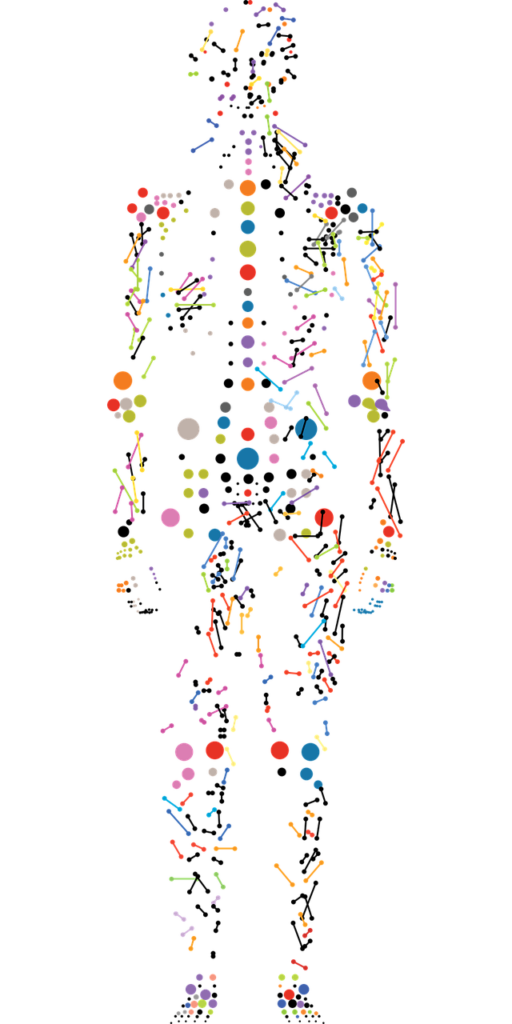
Historically, doctors have had to make most recommendations about disease prevention and treatment based on the expected response of an average patient.
This one-size-fits-all approach works well for some patients and some conditions, but not so much for others.
Therefore precision medicine was established.
Here the full article from National Institutes of Health

